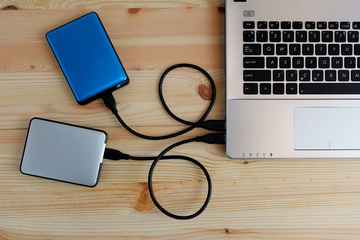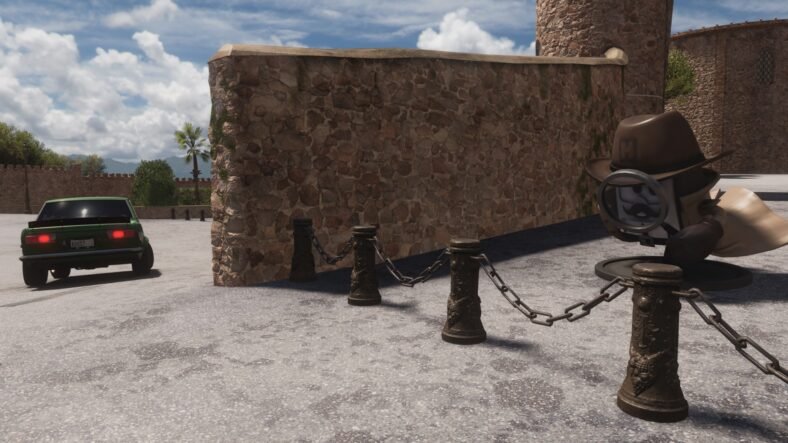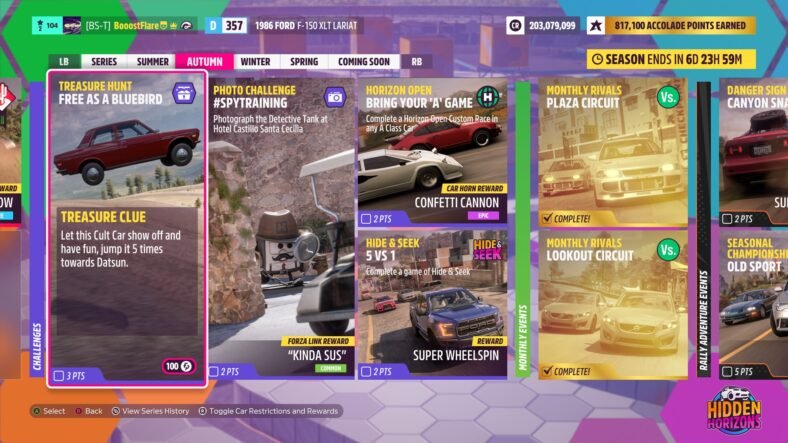
The people who love video games take their gaming experiences seriously. These passionate gaming enthusiasts are often equipped with the most cutting-edge technologies, as they invest countless hours and intensive resources into their latest pixelated adventures. But what about those of us who are interested in light gaming sessions? Many people would classify themselves as casual gamers, dabbling in several video game titles every now and then, and prefer laptop gaming.
As a casual gamer, your laptop requirements may not be nearly as ambitious, so you don’t need to spend thousands of dollars on a high-end device. Instead, you may be in the market for an affordable gaming laptop, which can still run the games well without breaking the bank. Ideally, the laptop should feature the minimal specs required for a smooth and seamless gaming experience.
When you are buying a laptop for light gaming, make sure that it meets these minimum specs:
1. CPU
Before delving into the minimum specs, we should acknowledge there are some powerful gaming laptops with lightning-fast processors. These laptops are undoubtedly remarkable, but they also come with a hefty price tag that may be out of range for a light gamer. For many games that you play, you won’t need the most expensive CPU, which can be overboard for casual gaming.
With that said, picking a laptop with a strong CPU is still important, even for the lightest of gaming sessions. At the bare minimum, you should buy a laptop with an Intel® Core™ i5 processor, but you should probably invest in an i7 processor if you can spare the budget. While the former can run most gaming titles suitably well, the latter is more futureproof and aimed towards modern games.
If there is one area of gaming that you should splurge a little extra on, try to get a laptop that has a sturdy processor with decent amounts of RAM. You want your laptop to have the ability to run games smoothly, so invest in that power wisely!
2. Graphics Card
The graphics card is one of the cornerstones in any gaming laptop. The importance of the graphics card depends on the types of games that you play. If your preferred gaming genre doesn’t feature intensive visuals, you can probably get the same enjoyable experience from a less expensive graphics card.
For the bare minimum, a graphics card such as the NVIDIA’s GeForce GTX 960M will allow you to have a steady framerate. This card is a good option for light gamers to get started, and it should play the most popular games at a serviceable graphical setting. You have the option to upgrade to a stronger graphics card for better performance.
3. Display
Your laptop screen is just as important as the graphics card. Even if you don’t game regularly, you should make sure there is a suitable display resolution for your chosen video game. Usually, the optimal setting is at a 1920×1080 resolution, and anything less may create noticeable lag. Make sure your gaming laptop can display games at this resolution.
You may also be interested in gaming laptops with an IPS panel, such as the ASUS TUF Gaming A15. This technology has emerged as a popular choice for gamers since it provides great image quality, fast response times, and high-quality refresh rates. The ASUS TUF Gaming A15 also supports multi-monitor connectivity, giving you the flexibility to play games on an external monitor.
Storage is another crucial area of laptop gaming. For the most part, you will want a decent amount of solid-state storage (also known as SSD). This type of storage will allow you to have a faster game installation, especially for games that are astronomical in size. Typically, you should go for a minimum of 512GB in SSD for gaming.
Having a good SSD in your laptop allows for quicker load times. The advantages of a fast SSD will become apparent once you’re in a gaming session, and those dreaded load screens speed past without you even noticing!
5. Physical Dimensions
The physical dimensions of a laptop will impact your gaming experience. Most gamers may enjoy a laptop with a larger 17-inch screen, although the bigger size can affect the laptop’s portability. On the other hand, gaming on a 13-inch laptop may be easier for mobility, but these models sometimes lack the internal components necessary to run high-end games.
The best physical dimensions for a laptop may depend on your circumstances. Do you prefer mobility for your laptop? If so, having a 15-inch laptop may work out in your favor, especially for light gamers. This is appropriately sized, neither too large nor too small, and will accommodate your gaming needs.
6. Audio
For some gamers, the high-quality audio contributes to an immersive video gaming experience. Aim for a laptop with an optimized built-in sound system. There is also software that can help your laptop to produce crisp audio. You’ll be amazed at the improvements in sound quality during your gaming sessions.
7. Battery Life
For the best gaming performance, you should play video games on your laptop plugged into a nearby power source. For the occasional gaming sessions on the go, you’ll want a laptop with a decent amount of battery life. Keep in mind that many video games will use the laptop’s resources heavily, which means the battery life may drain faster than expected.
If you intend to use the laptop for gaming, avoid picking one with touchscreen capabilities. Touchscreens are known to drain the battery much faster, and they are pricier to boot. Even when conducting the lightest of gaming, you will feel reassured knowing the touchscreen isn’t draining on your device.











